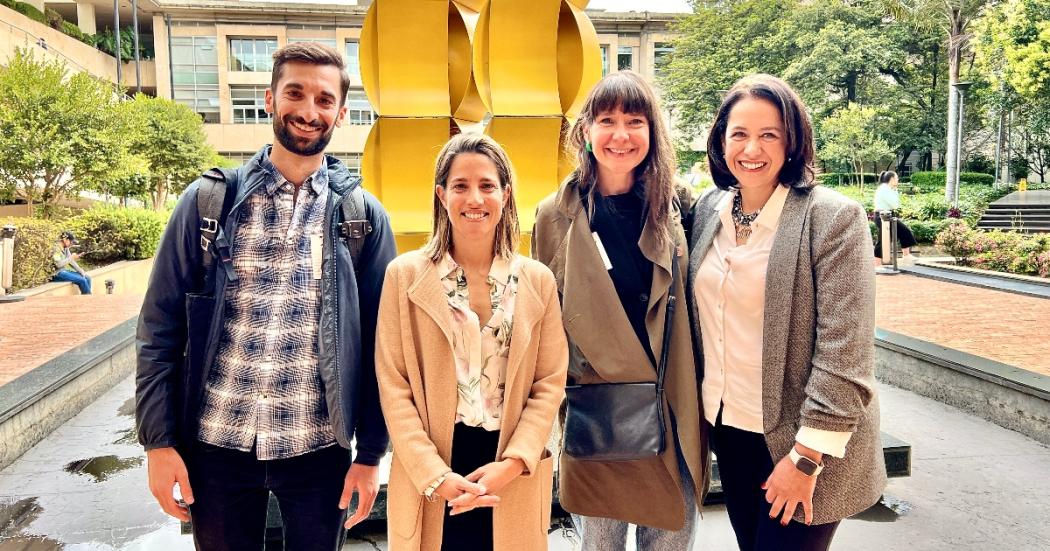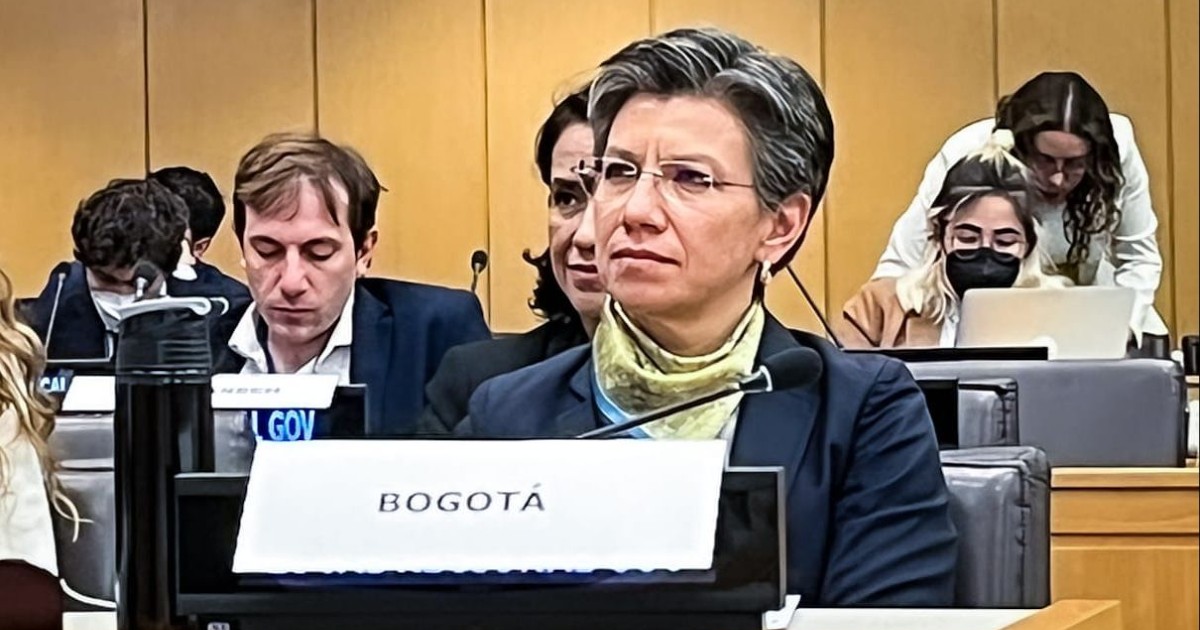Since May 2, a delegation from the Council on Urban Initiatives (CUI) has been visiting the Colombian capital to learn about the most recent advances in the development programs implemented by the city, especially the District Care System implemented by the current administration.
The Council on Urban Initiatives is a partnership between UN-Habitat, the Institute for Innovation and Public Purpose at University College London, and the LSE Cities think tank, with the aim of positioning urban issues on global agendas and debates.
The team in charge of representing the Council was composed of researchers Ryan Bellinson, Tayo Isa-Daniel, and Gyorgyi Galik, who visited various spaces and entities related to the Care System. As part of the tour, they visited the Care Areas in Ciudad Bolivar and the Historic Center, in addition to a series of meetings with the Secretariat of Planning, the Secretariat of Women, and the Secretariat of Culture.
The purpose of this visit was to learn about the operation and structure of the District Care System, as it was identified by the Council as a case study of particular interest that could contribute to the development of strategies of other local government entities at the international level.
Bogotá moves towards the objectives of the Urban Initiatives Council
One of the Council’s main concepts is the idea of supporting the development of fair, healthy, and green cities. From this perspective, development projects in the Colombian capital would be a clear sign of the path towards these goals.
Below is a photo of members of the Council delegation during their stay in Ciudad Bolivar using the TransMi Cable car:

During their visit, the delegation emphasized that the Care System has directed its efforts at comprehensive development. "With this system Bogotá is asking itself how to make a truly transformative change to make a fairer, more inclusive, and healthier city," said researcher Bellinson.
Additionally, one of the details highlighted by the delegation was how the city is focusing on its own problems and adapting accordingly to offer solutions. Isa-Daniel noted in this regard that the capital "is finding its own definitions of what it means to be a fairer and greener city by looking at important issues such as gender norms and mobility.”
Finally, according to the delegation, the real importance of projects such as the Care System lies in the fact that they can inspire other local governments to make structural changes that truly benefit citizens. "Bogotá is demonstrating the importance of taking risks, testing these initiatives, and working as a team among diverse entities for positive change," Galik said.









